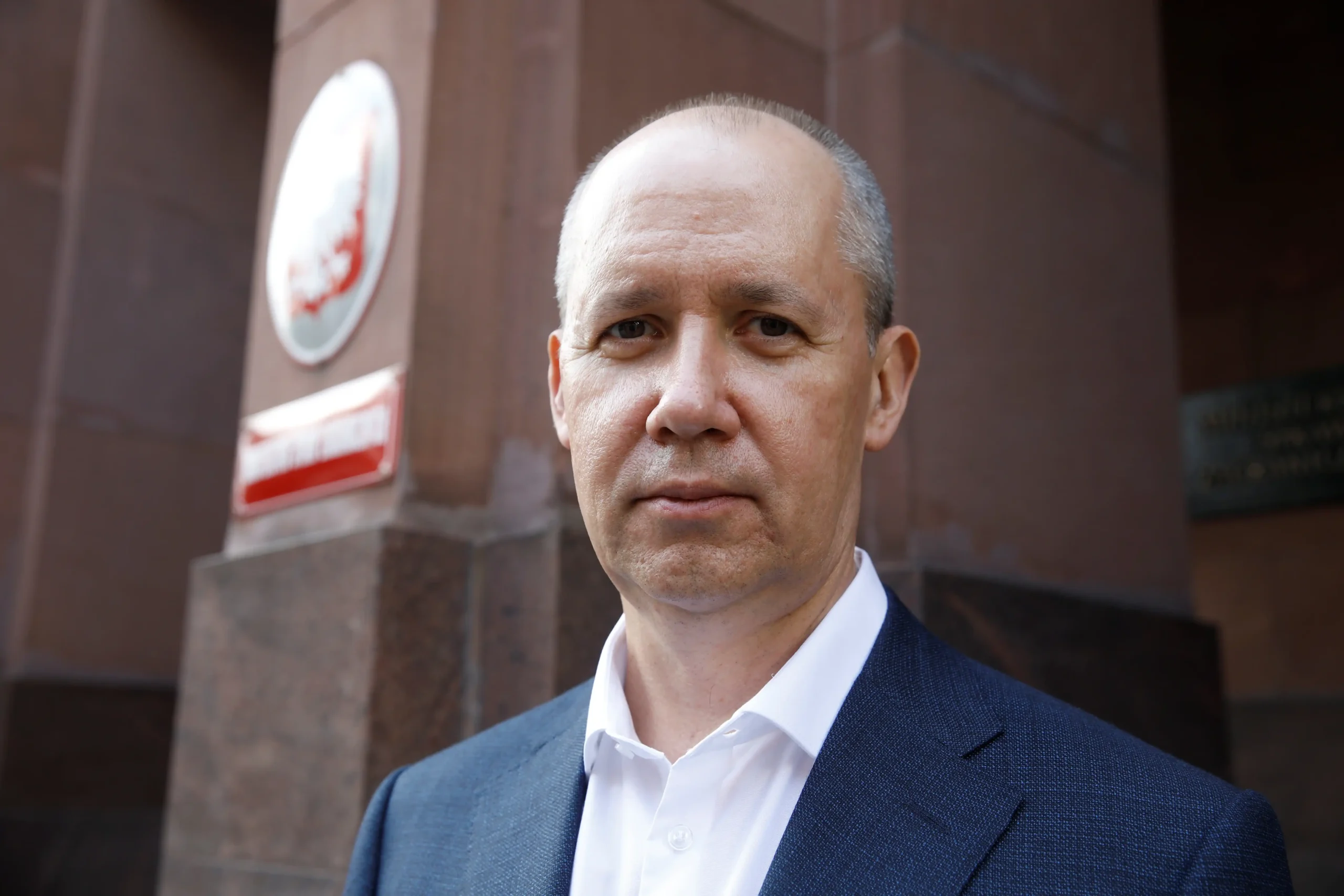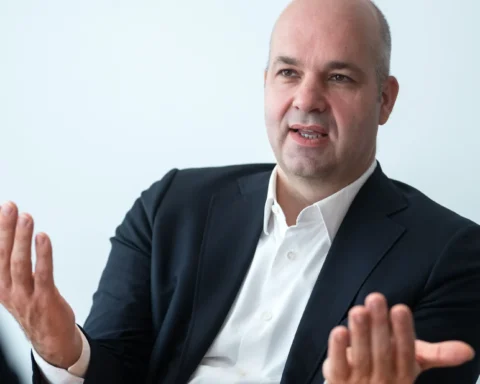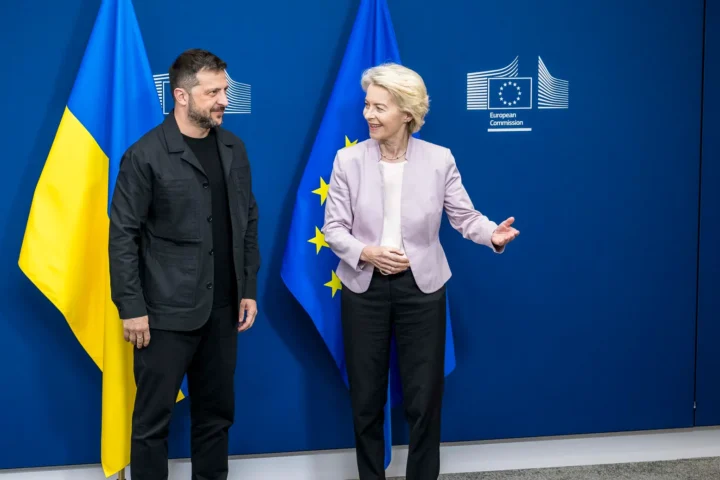Valery Tsepkalo, a former Belarusian diplomat and ex-presidential candidate, has taken a bold legal step by filing a lawsuit against Raiffeisen in the Civil Court of Vienna. Tsepkalo alleges that the bank has been complicit in the confiscation of assets and the seizure of valuables from political and civil activists. His legal action underscores a significant demand for accountability and justice in the context of human rights violations.
Tsepkalo articulated his position clearly, stating:
“I have filed a lawsuit against Raiffeisen in the Civil Court of Vienna, presenting evidence of their involvement in the confiscation of assets and the seizure of valuables from political and civil activists. I hope that the Vienna court will grant my request to establish a Fund to Support Victims of Human Rights Violations in Belarus and the War in Ukraine, financed by the profits Raiffeisen has earned in Russia and Belarus. This demand is based on historical precedents where German corporations paid compensation for forced labor during World War II, and Swiss banks were compelled to compensate the families of Holocaust victims. I intend to see Strobl (Raiffeisen’s CEO) and Hamerseder (Chairman of the Board of Directors) in court and present them as examples of those who profit from the blood and suffering of others. I invite the media to witness this fight for historical justice.”
This lawsuit draws parallels with historical cases where corporations were held accountable for their involvement in grave injustices. By referencing the reparations paid by German companies for forced labor during World War II and the compensations by Swiss banks to Holocaust victims’ families, Tsepkalo highlights the ethical and historical precedent for his demands.
If successful, Tsepkalo’s initiative could lead to the establishment of a Fund to Support Victims of Human Rights Violations in Belarus and the War in Ukraine, symbolizing a significant step towards reparative justice. The outcome of this legal battle is poised to set a precedent for corporate responsibility in regions plagued by political repression and conflict. It also serves as a stark reminder to global corporations about the moral and legal implications of their operations in politically sensitive areas.
As Tsepkalo’s case unfolds, it is expected to draw considerable attention from the media and human rights organizations worldwide, spotlighting the intersection of corporate ethics, international law, and human rights advocacy.


















